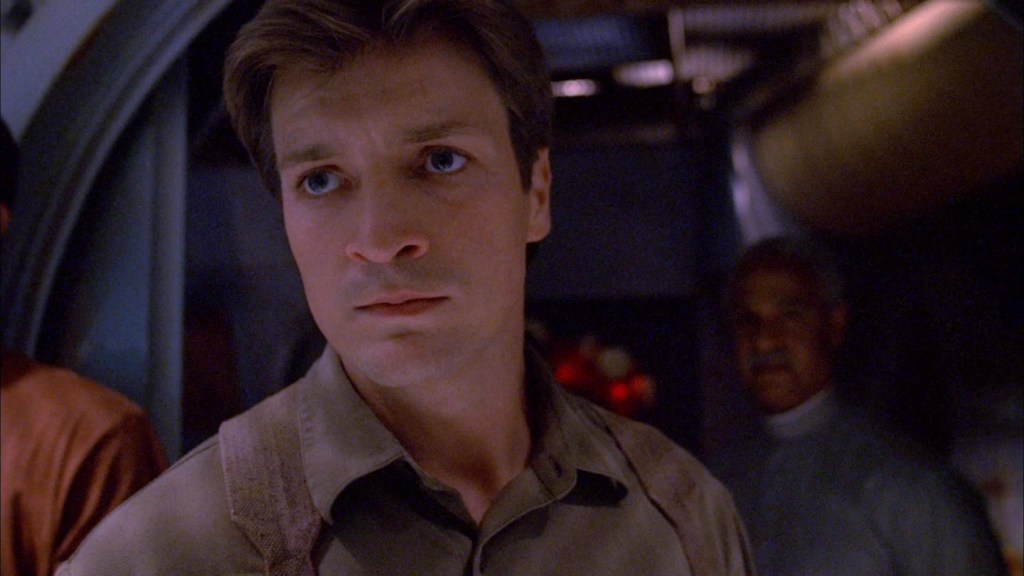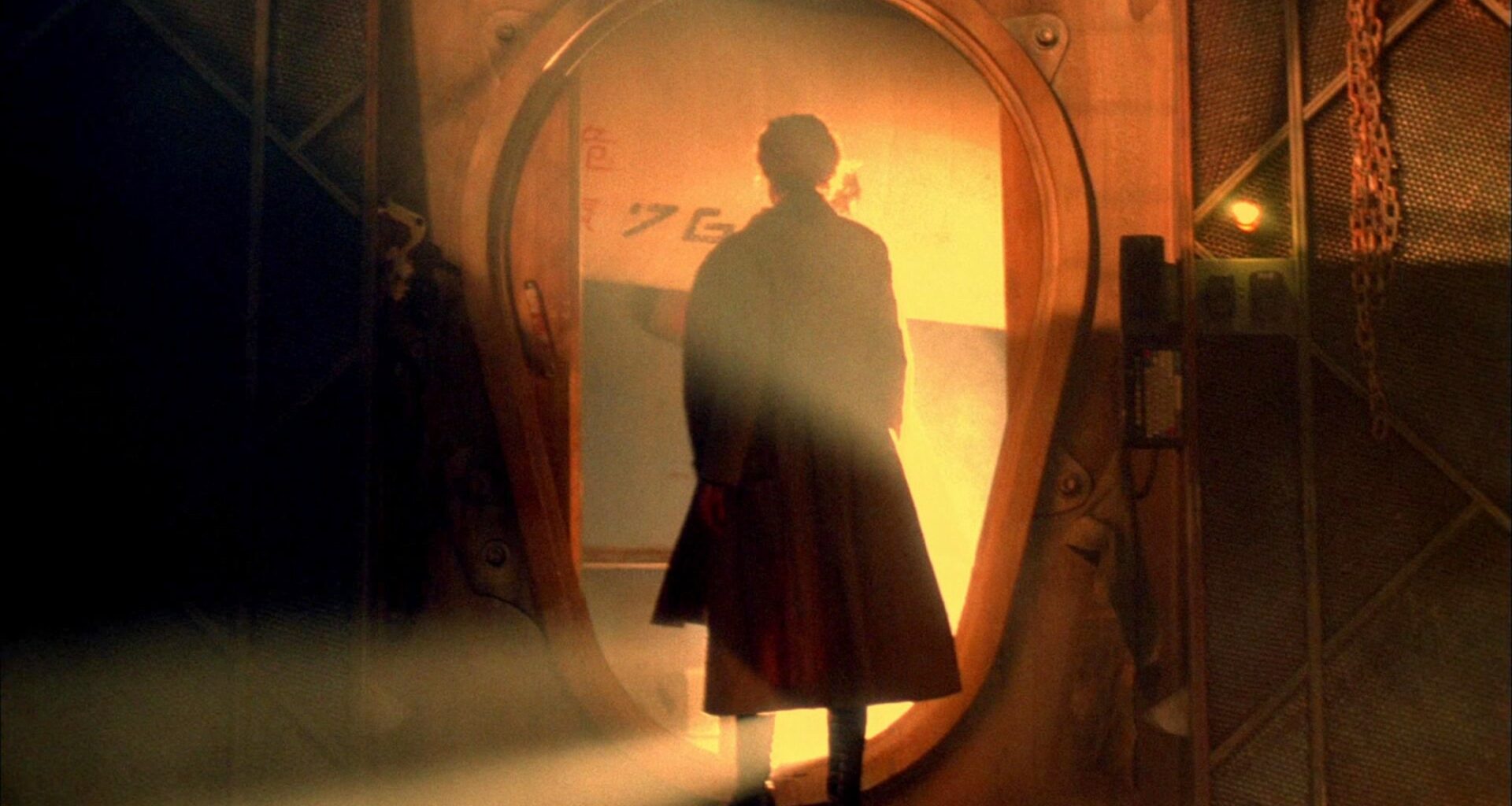There are a few shows that could rightly fall under the banner of being a Sci-Fi masterpiece, and several have arrived in the 21st Century. It’s been a strong couple of decades for the genre on screens both big (e.g. Children of Men, Inception, several Denis Villeneuve movies) and small, which has pushed forward what it can be on TV with shows such as Battlestar Galactica, Lost, and The Expanse, to name but three. But before any of them released, there was 2002’s Firefly.
Created by Joss Whedon, building on the success of Buffy the Vampire Slayer and Angel, Firefly is a space Western starring Nathan Fillion, and follows the crew of the ship Serenity in the year 2517. If anyone hasn’t seen it, it’s about as must-watch as it gets in the Sci-Fi TV realm (and, as much as I love Buffy, might be the strongest single season of TV that Whedon made). No episode better showcases just how phenomenal Firefly is than its greatest installment, “Out of Gas,” which was written by Tim Minear and directed by David Solomon.
This episode breaks from the show’s usual structure, instead telling its story across multiple timelines: the present day, events shortly before the present that explain the current situation, and flashbacks to much further in the past showing how the Serenity crew came together. It’s astonishingly well put together, brilliantly weaving together its different stories so that each informs the other, and giving us several great details that enhance and change our understanding of who these characters are, providing each of them so much depth within just 45 minutes, while still being exciting in its own right.
Firefly Nailed An Episode That’s A Key Part Of Sci-Fi TV

Firefly‘s “Out of Gas” is one of the best examples of a flashback episode I’ve seen. The format has come a long way from the more standard clip show types of the 1990s, which were often used to save on time and budget, and the Western shows just how effectively it can be used. It uses them to serve two primary purposes: pushing forward the main narrative of the episode, while also allowing us to better know the characters at the heart of the show. The unusual structure helps keep things fresh, and the execution is more or less perfect.
This is something that’s obviously a big part of TV as a whole, but tends to play particularly well in the Sci-Fi genre. Lost‘s flashbacks are the most obvious example, because it took the narrative device and made it the crux of its storytelling and worldbuilding (and perhaps perfected it with “The Constant”). Several other shows have also, in some way, used them creatively or embedded them within the very fabric of the show, some better than others, be it Westworld‘s multiple timelines, or Battlestar Galactica‘s flashbacks in an episode like “Daybreak.”
Again, this isn’t something that’s inherently unique to science-fiction, but it does perhaps prove more effective here because of the high concepts (and often higher stakes). The flashbacks ensure that, no matter whether the story is being told on Earth or off in space, the characters – and the human element of the series – remain grounded, which is the biggest reason these shows work so well. Firefly is a prime example of that, and “Out of Gas” makes everything that came before and after better.
Firefly is available to stream on Hulu.
What do you think? Leave a comment below and join the conversation now in the ComicBook Forum!

